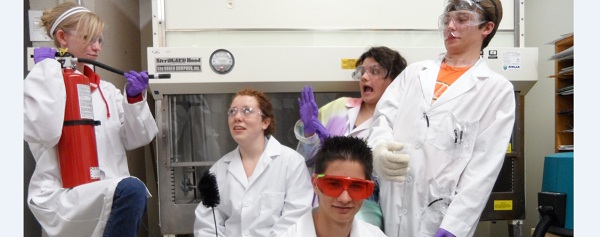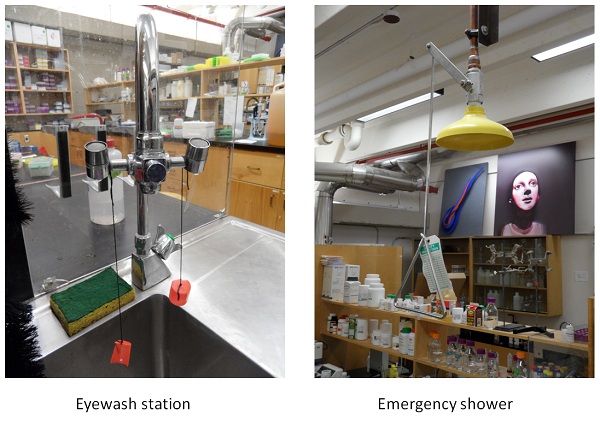Team:Lethbridge Canada/Safety
From 2012hs.igem.org
| Line 5: | Line 5: | ||
</html> | </html> | ||
{| style="color:#000000;background-color:#b5cde2;" cellpadding="6" cellspacing="3" border="0" bordercolor="#00FFFF" width="65%" align="center" | {| style="color:#000000;background-color:#b5cde2;" cellpadding="6" cellspacing="3" border="0" bordercolor="#00FFFF" width="65%" align="center" | ||
| - | !align="center"|[[Image: | + | !align="center"|[[Image:Group_biosafety_03.jpg|center|900px]] |
|} | |} | ||
Revision as of 07:55, 12 June 2012

| Home | The Team | The Project | Results | Human Practices | Notebook | Safety |
|---|
|
 "
"

